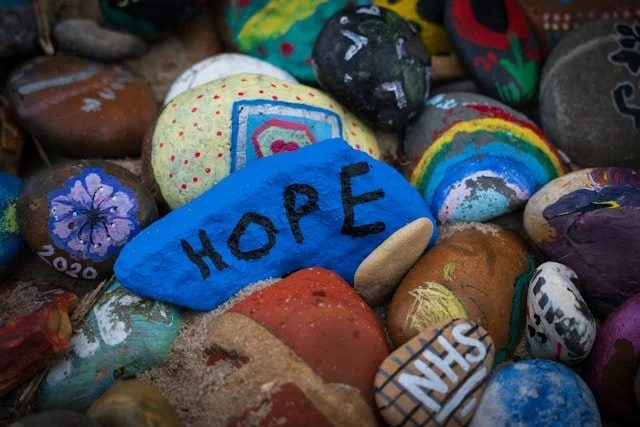![When Should You Fight Evil with Evil?]()
One of my Christian heroes is Dietrich Bonhoeffer. I even asked my wife if we could name our son Dietrich. For some reason she didn’t like that idea. Go figure.
Bonhoeffer is a fascinating figure for all sorts of reasons, but one of those is that his ministry took place during the rise of Nazism in Germany. Born into an upper-middle class family in Germany and studying at some of finest schools, he ended up rejecting the German national church, which was controlled by the Nazi party. Instead he threw his energy behind the Confession Church, a church that resisted the Nazi party.
Ultimately Dietrich Bonhoeffer would do more than theologically resist the Nazi party; he would actively participate in helping Jews escape and would ultimately be party to an assassination plot against Adolf Hitler.[i]
Although, for obvious reasons, Bonhoeffer never discussed the plot nor his reasons for the decision, it is clear in his letters that he expended a lot of energy working through what his ethical responsibilities were throughout the war. Those who believe he participated in the assassination conspiracy point to his words in Ethics where he says, “the structure of responsible action includes both readiness to accept guilt and freedom.”[ii] Is Bonhoeffer saying that there are times where following Christ means that we might actually be called into guilt (and therefore to sin)?









